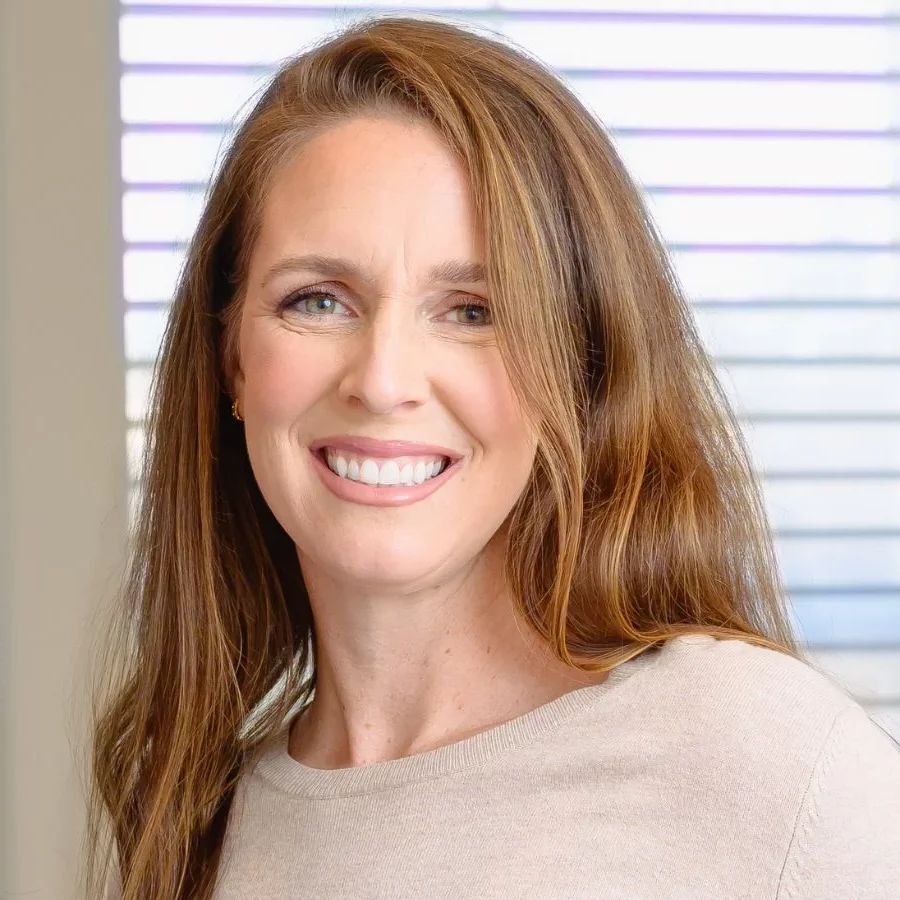- 1. Mediation Means Lower Expenses
Mediation is much cheaper than the traditional method of divorce, especially for couples who have agreed on various aspects of the separation.
According to statistics from 2025, couples opting for mediation as an amicable means to resolve divorce disputes reportedly save more than $25,000 compared to couples who go through litigation.
- 2. Mediation is Faster
Resolving a divorce through mediation is significantly faster than resolving it through litigation.
In San Francisco, California, mediation is much faster since couples do not have to work around court date conflicts and waiting periods.
- 3. Control and Flexibility
Couples can use expert mediation services to create personalized agreements and address unique situations in their divorce.
Mediation, as opposed to court rulings, allows both parties the flexibility to address modern issues, including but not limited to custody, asset division, and parenting plans.
- 4.Reduced Stress and Trauma: Emotional Relief
Mediation makes emotionally difficult divorce stress free and collaborative.
Court battles raise a lot of tension, unlike mediation, which is open and fosters understanding.
Studies on divorce and mental health show that this approach can significantly reduce emotional strain, making the process more manageable for everyone involved.
- 5. Divorce Mediation Leads to Improved Post-Divorce Relationships
Divorce Mediation not only deals with divorce but also sets the stage for a good future for parents.
Studies indicate that parents who undergo mediation divorce are more likely to practice cooperative parenting for the benefit of their children, which will benefit these children for years to come.













